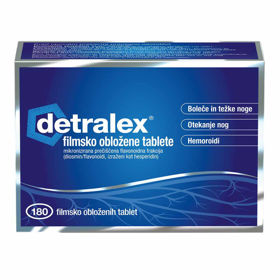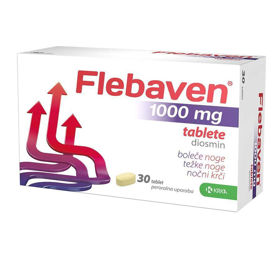Customer question:
How can I prevent leg swelling? Are there any preventive measures?
Pharmacist's response:
There is no way to know who will develop lymphedema, but there are things you can do to reduce your risk.
Risk factors for developing leg lymphedema include:
- Gaining weight or being overweight.
- Infection of the affected leg.
- Irradiation of the pelvis.
- Recurrent cancer
- Lack of physical activity
- Long-term travel by plane.
- Exposure to extreme temperatures.
How can we help each other preventively?
Protect your skin
One way to reduce the risk of developing lymphedema is to protect your skin from injury or infection as much as possible. This is mainly because the cells that fight the infection move toward the area where you have been injured and cause swelling. Because of this, yIn addition, your legs may be unable to drain this extra fluid.
Care for cuts and scratches
- Wash the area with soap and water.
- Apply first aid ointment to the area.
- Cover it with a clean, dry gauze, patch, or bandage
Burn care
- Wrap the cold compress in a towel and place it on the burn for 15 minutes. You can also pour cold water over the burn.
- Wash the area with soap and water.
- Apply first aid ointment to the area.
- Cover it with clean, dry gauze or bandage.
Watch out for infections.
Look out for symptoms of infection on the affected legs, which include:
- Little Red
- Swelling
- Hot skin sensation
- Skin sensitivity
If you have any of these symptoms, call your doctor.
Do not wear tight clothing.
Do not wear tight clothing that leaves visible marks on the leg area, such as tight socks or jogging pants with elastic cuffs. Instead, wear loose clothing that does not leave marks on your feet.
Avoid extreme temperatures
Extreme heat and cold can cause fluid to build up in the leg and cause swelling. Avoid or limit time in hot tubs and saunas.
What if our feet are already swollen?
Swelling of the legs is a more common symptom of a vascular disorder. Your legs swell when the pressure in the capillaries is higher than that of the surrounding fluids, especially the lymph fluids.
Detralex is intended to treat symptoms of chronic venous disease, lymphedema, and acute hemorrhoidal diseases in adults.
Interesting reading: Stick legs
Interesting reading: Swelling of the leg - CAUSES











